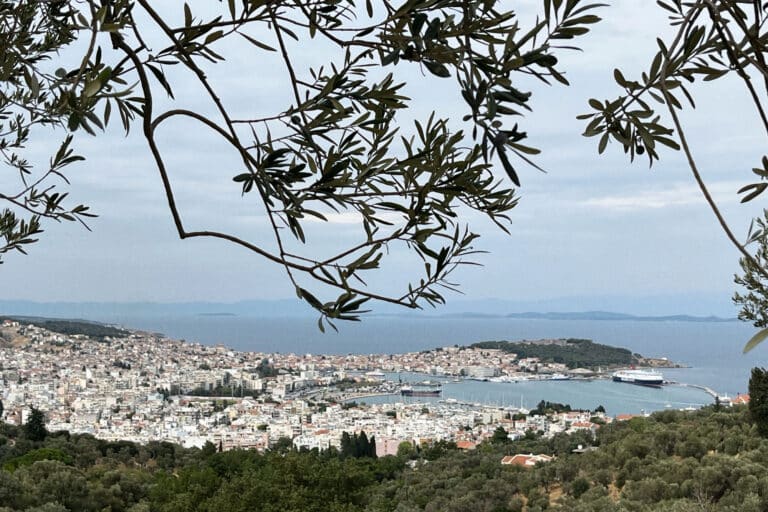CPTnet
27 October 2016
INDIGENOUS PEOPLES SOLIDARITY: All the
way to the top–CPT Steering Committee endorses UNDRIP (United Nations
Declaration of Rights of Indigenous Peoples)
by Kathy Moorhead Thiessen
We have described to you a mountain. We have
shown you a path to the top. We call on you to do the climbing-Judge Murray
Sinclair (Commissioner for Canadian Truth and Reconciliation Commission)
One spring
day, CPT Iraqi Kurdistan team climbed a Kurdish mountain. Our partners planned
the day and, at the beginning of the path, villagers came out to wave at us as
we began the trek. Our vegetarian teammate graciously carried the pot of meat
for the barbeque. We thought it made sense to hike partway and then lighten our
load by burning the wood to cook the chicken, which we would eat with all the
other food we hauled. Although we thought we knew how to do this, it
became apparent that despite our good intentions, we had no idea how the day
would go. When we wanted to stop, our Kurdish partners told us to keep going—
all the way to the top!
The trail
was a goat track with stones and holes in the way. We had to clamber over large
rocks in the pathway. It would have been easy to turn an ankle or to fall off
the side. Yet our partners told us that our goal was the top ridge, when
finally we could rest, put down the burdens of the meat pot, firewood and a
huge stack of bread and have a feast together.
Now CPT is
again climbing a mountain—the one described by Judge Murray Sinclair at the end
of the Truth and Reconciliation Commission (TRC) in Canada through which the
world was exposed to the reality and horrors of 150 years of residential
schools in Canada. The commission spent six years traveling to different
parts of Canada to hear the testimony of approximately six thousand Indigenous
people. They heard of children as young as three years taken away from their
families and placed in residential schools to assimilate them into European
settler society—a policy Justice Sinclair would declare “cultural genocide.” As a response, the commissioners of
the TRC laid out ninety-four calls to action that communities and institutions
on Indigenous lands can take to work for reconciliation.
Number 48 relates
to churches, other faith groups and interfaith social justice groups in Canada
(https://trctalk.ca/call-to-action-48/).
It tells us to read the United Nations
Declaration of the Rights of Indigenous Peoples (UNDRIP) and to use this to
guide our decisions and policies. This Declaration of 46 short articles was
written by an international working group of Indigenous rights-bearers and
shaped by over twenty years of negotiation with state representatives. It was
adopted by the UN General Assembly in 2007 and finally supported by Canada, and
the USA in 2010.
Recently,
the Christian Peacemaker Teams Steering Committee came to consensus to endorse
UNDRIP. We acknowledge that CPT works alongside indigenous peoples on Turtle
Island (also known as North and Central America). However, there are also
indigenous peoples in all the regions we have teams and where we may have teams
someday in the future. UNDRIP and our scrutiny of policy, programs and
practices through the lens of UNDRIP is integral to building partnerships to
transform violence and oppression.
At the same
time, we encourage CPT supporters and faith communities to consider what they
can do to respond to the TRC’s calls to action and uphold the Declaration in
their work for reconciliation. In
Canada, for example, there is a Bill C-262 in Parliament and corresponding
campaign to push the federal government to “adopt and implement” UNDRIP. Check
it out at: www.adoptandimplement.com.
You too can educate and advocate. UNDRIP is a document that everyone should read
and to which they should hold their respective governments, communities and
organizations accountable.
Climbing the mountain is not easy and we must
recognize that we will stumble and fall along the way. But it is a path we must
walk to live up to our values as a faith-based organization to create
relationships that, “transform structures of domination and oppression and
embody non-violence and liberating love.”



